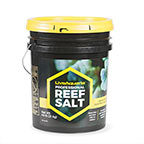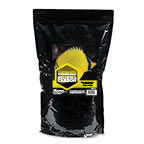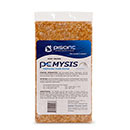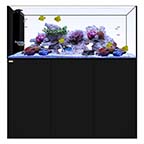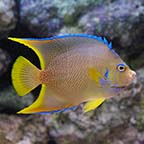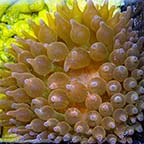Spotted Mandarin
(Synchiropus picturatus)
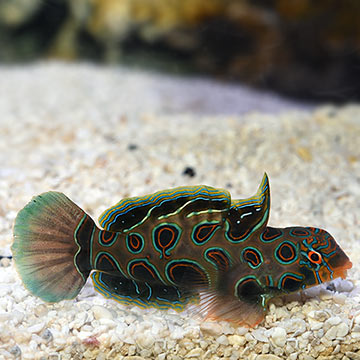
Please Note: Due to variations within species, your item may not look identical to the image provided. Approximate size range may also vary between individual specimen.
Please Note: Due to variations within species, your item may not look identical to the image provided. Approximate size range may also vary between individual specimen.
Spotted Mandarin
(Synchiropus picturatus)
Additional locales and sizes may be available!
Additional locales and sizes may be available! Email me when availableQuick Stats
Care Level
Difficult
Temperament
Peaceful
Color Form
Black, Blue, Green, Orange
Diet
Carnivore
Reef Compatible
Yes
Water Conditions
sg 1.020-1.025, 72-78° F, dKH 8-12, pH 8.1-8.4
Max. Size
3"
Family
Callionymidae
Minimum Tank Size
30 gallons
Compatibility
View Chart
What do these Quick Stats mean? Click here for more information
Care Level
Difficult
Temperament
Peaceful
Color Form
Black, Blue, Green, Orange
Diet
Carnivore
Reef Compatible
Yes
Water Conditions
sg 1.020-1.025, 72-78° F, dKH 8-12, pH 8.1-8.4
Max. Size
3"
Family
Callionymidae
Minimum Tank Size
30 gallons
Compatibility
View Chart
What do these Quick Stats mean? Click here for more information
Overview
The Spotted Mandarin, also referred to as the Spotted Mandarinfish, Psychedelic Mandarinfish, Psychedelic Fish, or Picture Dragonet, was first found in the Western Pacific Ocean in 1976 by Peters. The head, fins, and body are a psychedelic combination of blue, orange, and black spots on a green base. Males may be distinguished from females by their more-elongated first dorsal spine.
It requires a 30 gallon or larger aquarium with live substrate and plenty of hiding places. It is moderately hardy in reef aquariums if given special care. It is not overly aggressive towards other fish, except for conspecifics.
The Spotted Mandarin has been known to spawn successfully in an aquarium.
The diet should consist of a variety of live vitamin-enriched brine shrimp and live black worms. It will eat natural prey off live rock and live sand.
Looking for the best food to feed your Dragonettes? We recommend AlgaGen Tisbe biminiensis.
Approximate Purchase Size: Small: 1" to 1-1/2"; Medium: 1-1/2" to 2-1/2"; Large: 2-1/2" to 4"
Supplies You May Be Interested In
Customer Testimonials
Bob Smidt
San Diego , CA
I have been keeping this species off and on for about 20 years. I believe all Mandarin fish are easy to keep. Their only requirement is a well-established tank. In my 70-gallon set up, they don't even need to be fed. They hunt copepods and amphipods in the sand and rock all day. The most important factor in success, other than the tank, is a healthy animal to start with. Avoid fish with depressed abdomens. Mandarin fish are usually well tolerated by other fish. They are famous for not tolerating each other.
I have been keeping this species off and on for about 20 years. I believe all Mandarin fish are easy to keep. Their only requirement is a well-established tank. In my 70-gallon set up, they don't even need to be fed. They hunt copepods and amphipods in the sand and rock all day. The most important factor in success, other than the tank, is a healthy animal to start with. Avoid fish with depressed abdomens. Mandarin fish are usually well tolerated by other fish. They are famous for not tolerating each other.
Paul Carreno
Tulsa , OK
This fish has quickly become my favorite fish. It's rather difficult to keep since it is a picky eater, but a little effort always pays off.
1-2 of 2 testimonials




